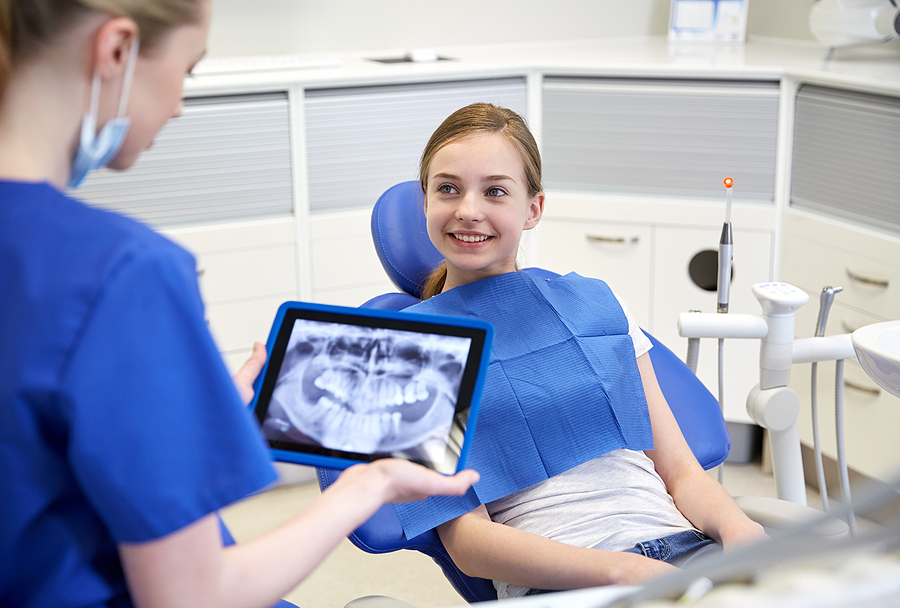Good oral health is critical to your overall health. Regular brushing and flossing can keep your teeth clean and healthy. Besides, it can also help in preventing several dental and oral health problems. Here are a few tips on how to maintain good oral health.
- Brush your teeth regularly
We recommend brushing your teeth twice a day, once in the morning and once at night, for two minutes each time. Use a soft-bristled toothbrush to gently brush your teeth in circular motions. Brush using fluoridated toothpaste to strengthen tooth enamel.
- Floss your teeth daily
You should still floss at least once a day to prevent tartar buildup. Food particles that get stuck between teeth can eventually turn into plaque and eventually tartar if not removed. A toothbrush alone may not be able to remove all of the food debris from between your teeth, so flossing can help clean those hard-to-reach areas and prevent tooth decay and gum disease.
If you aren’t already flossing every day, start doing it tonight! After you floss, use mouthwash for extra protection against cavities and gingivitis.
- Eat Healthy Foods
To ensure good oral health, it’s important to eat a healthy diet. Processed foods are loaded with artificial ingredients and preservatives, both of which can be harmful to your teeth. Instead, focus on eating a variety of fruits, vegetables, whole grains, and lean proteins. These foods are not only good for your body but also help to keep your mouth clean by stimulating saliva production.
- Visit your dentist regularly
A regular visit to the dentist can ensure that your oral health is taken care of and that there are no emerging issues on the horizon. Your dentist will be able to give you an excellent assessment of your dental health and provide recommendations to help keep it that way. Here are just a few of the things that your dentist will likely do during a regular visit.
- Check for cavities, tooth decay, and other oral health concerns.
- Examine X-rays for signs of underlying health issues.
- Remove plaque from your teeth to prevent cavities and gum disease.
- Give you tips on proper brushing and flossing techniques.
- Discuss dietary changes that you can make to improve your overall health and wellness.
- Review the effects of any medications that you’re taking on your teeth and gums.
- Check your gums for any signs of gingivitis or periodontitis.
- Provide oral cancer screening to identify any issues as soon as possible.
- Perform routine teeth cleanings to keep your smile clean and prevent decay.
By visiting your dentist regularly, you can enjoy a healthier, happier smile and better overall health as a result.
Get in touch with Darren Gonzalez DDS, at 1515 Montgomery Drive Ste B, Santa Rosa, CA 95405, or call (707) 542-1532 for the best dental care tailored to your unique needs.
More Blog Posts
Office Hours
MON - THU8:00 am - 5:00 pm
FRIBy appointments only
SAT - SUNClosed






